
The Great Convergence
Information Technology and the New Globalization
Read or listen offline
Amazon KindleRecommendation
Many people believe that globalization began with the telecommunication and technology advances of the 1990s. But economics professor Richard Baldwin argues that globalization’s narrative is far more nuanced, with significant historical context dating back to the 1800s and with important prospects unfolding in the 21st century. He makes a strong case that the central theme of globalization relies on innovation mitigating the costs of moving goods, ideas and people. Executives, analysts and students will find this an intelligent and comprehensive exploration of globalization past, present and future.
Summary
About the Author
Richard Baldwin is an economics professor at the Graduate Institute in Geneva and the president of the Centre for Economic Policy Research.











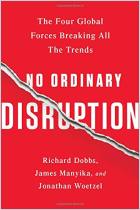
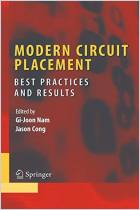

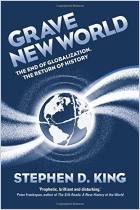
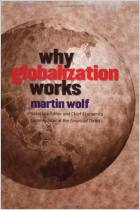
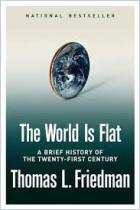



Comment on this summary or Comenzar discusión